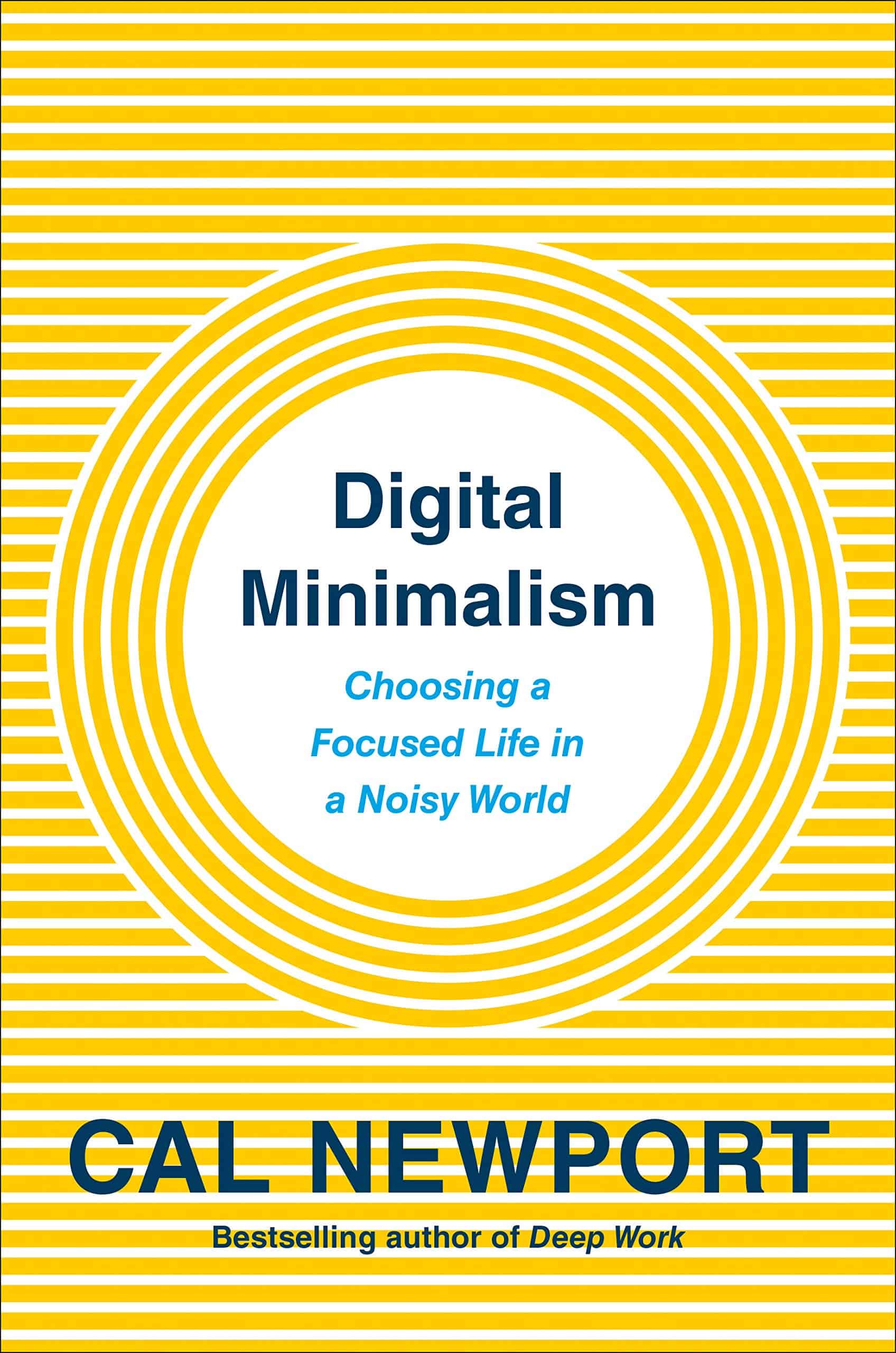Developer Productivity: Embracing Digital Minimalism

I read the book Digital Minimalism by Cal Newport.
This post is not a review of the book, but a summary of my takeaways that helped me improve my productivity.
While I’ve focused specifically on developer productivity insights, I actually learned a ton about my own behavior and how to improve my focus and presence outside of work (topics not covered in this post).
I included some quotes from the book that I felt was relevant. I highly recommend reading the book!
Creating your toolbox
- Be intentional about your tools, and find out how to optimize them.
- Don’t use unnecessary tools. Have scheduled time slots on migrating away from unnecessary platforms, apps and tools.
- Document your tools, what problem they solve and if there’s a better way of solving the particular problem.
Here’s my template for documenting which tools I use:
## Tool/App: ______________________
1. 🧭 Does this support something I **deeply value**?
- ☐ Yes
- ☐ No
2. 🥇 Is this the **best way** to support that value?
- ☐ Yes
- ☐ No
- ☐ Unsure
3. 🪫 Do I use this **intentionally**, or **compulsively/by default**?
- ☐ Intentional
- ☐ Compulsive
- ☐ Both
4. 🧠 What would my life feel like **without it for 30 days**?
- _______________________
5. 🛠 If I removed it, what would I **replace it with**?
- _______________________
6. 🧱 Could I keep this app but add **friction** or **limits**?
- ☐ Yes → How? _______________________
- ☐ No → Then consider removing.
→ Decision:
- ☐ Keep as-is
- ☐ Keep but limit
- ☐ Remove temporarilyListing all your digital tools and having one note for each service/application is a lot of work. However it makes you intentional about your choice.
Digital minimalists believe that deciding a particular technology supports something they value is only the first step. To truly extract its full potential benefit, it’s necessary to think carefully about how they’ll use the technology.
- Cal Newport - Digital Minimalism
Working
- Schedule a time slot for a specific activity. Be intentional about time in front of your computer.
- Be relentless about focusing on this activity within the time slot. No distractions.
- Take silent walks alone. A silent walk is just a regular walk, without any silicon or lithium.
Time slots will make you productive. Silent walks will spawn ideas and boosts creativity, while giving your mind a break from inbound traffic.
Digital Minimalism: A philosophy of technology use in which you focus your online time on a small number of carefully selected and optimized activities that strongly support things you value, and then happily miss out on everything else.
- Cal Newport - Digital Minimalism
Notifications & Distractions
- Keep your phone in DND (Do not Disturb). Allow your emergency contacts through and if you have any mandatory apps.
- Read your email once a day. Email makes you context switch.
- Avoid context switching if possible. Use DND, busy light, inform colleagues and friends if your time slot.
- If using social media, don’t use the mobile app. Use a browser and be intentional about what to do on social media. Use a time slot.
I’m not a huge fan of this quote because I feel it simplifies the complexity of social media, but it has some truth to it for sure:
The tycoons of social media have to stop pretending that they’re friendly nerd gods building a better world and admit they’re just tobacco farmers in T-shirts selling an addictive product to children. Because, let’s face it, checking your “likes” is the new smoking.
Behavior
- Make your phone boring. Be intentional about the unlock/quick check behavior. Have time slots for answering or checking your phone.
- Less is more. When getting new hardware or software, be intentional about it’s meaning. Will it replace something? Does it align with my values and work style?
- Many tools and gadgets may make your life a tiny bit more convenient. Is it worth it, or is the purchase driven by emotions?
- Planning activities does not rob it of spontaneity and relaxation. The planning takes a very short time, and during the activity itself, spontaneous and creative moments will likely occur.
- Having “Nothing to do” is likely not relaxing. Without intentional use of technology, there’s a large risk that the nothingness will be filled with low-quality activities.
The sugar high of convenience is fleeting and the sting of missing out dulls rapidly, but the meaningful glow that comes from taking charge of what claims your time and attention is something that persists.
Digital minimalists recognize that cluttering their time and attention with too many devices, apps, and services creates an overall negative cost that can swamp the small benefits that each individual item provides in isolation
- Cal Newport - Digital Minimalism
To sum it up
Digital Mininalism is not about avoiding technology, but about being intentional about how you use it.
It’s about filtering out distractions and focusing on what’s important to you.
Translated to developer productivity, it’s about moving forward with your projects and not being distracted by the noise of the internet.